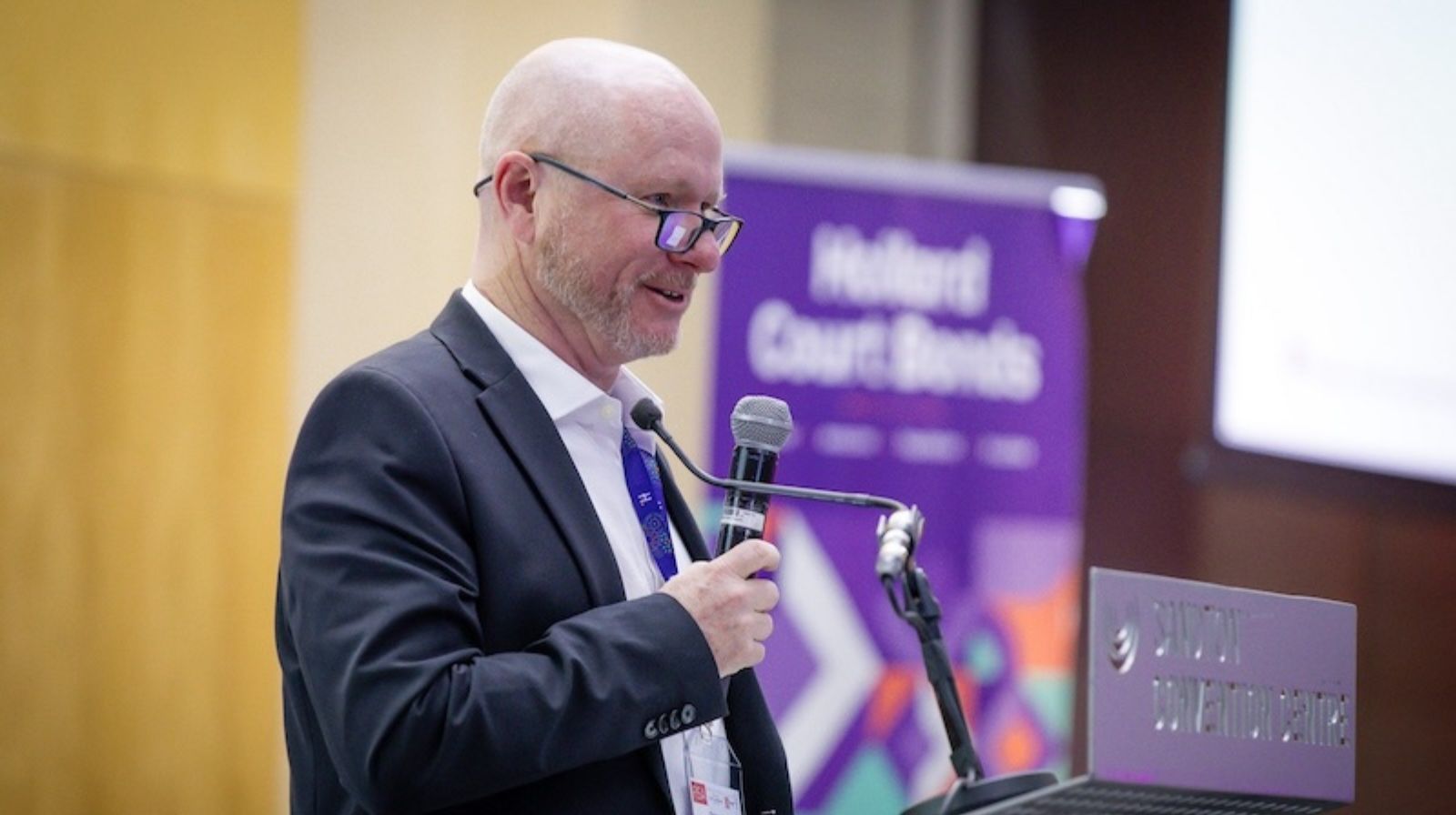The 15th Annual FISA Conference

The 15th Annual FISA Conference took place on 10 September 2025 at the Sandton Convention Centre.
The Conference was opened by Prof Abel Esterhuyse of the Stellenbosch University. He highlighted the USA, Russia, China, as well as BRICS, as the main drivers in world politics today. In respect of South Africa, he indicated that the ANC is in trouble, mainly because of BEE, state capture and corruption, the high crime rate, bad education, as well as an outdated energy policy. The economic growth of South Africa is also very low compared to peer countries.
This was followed by a panel discussion on distributions between trusts in which Mr Kyle Fyfe and Ms Robyn Armstrong of Werksman’s Attorneys, Dr Albertus Marais of AJM Tax, and Ms Elizabeth Fick of Investec participated. The discussion mainly focused on trust distributions to foreign jurisdictions. Although SARS is of the opinion that these distributions should be regarded as donations, the panel stressed the fact that trustees can only make distributions to beneficiaries. The mere fact that a beneficiary is another trust or is in a foreign jurisdiction does not change the nature of a distribution and does not make it a donation.
Mr Hugo Murray from Basson Blackburn Attorneys discussed the process in getting a curator bonis and/or curator ad personam appointed. He also referred to the appointment of an administrator in terms of the Mental Health Care Act. He highlighted opportunities for the appointment of curators bonis for minors, claims for patients against the Road Accident Fund, medical negligence claims, as well as insurance claims for disabilities.
“Practitioners must ensure that their daily conduct send out the right message and are in alignment with the values of a fiduciary practitioner.”





